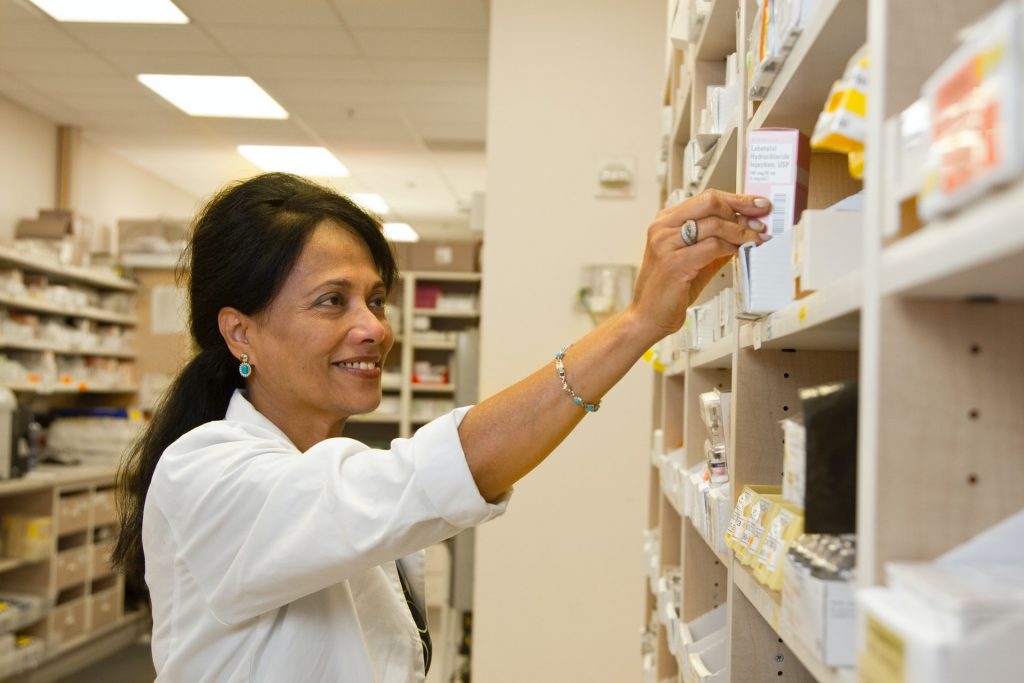Healthcare has always been a vibrant field, full of employment opportunities that cater to a variety of skill sets. The industry is enjoying healthy growth, which means that prospects will only improve in the future. However, the composition of these jobs will shift over time, as an evolving population drives changes in the services they require.
Technology, increased access, new patient-centered care models, and an aging population are all responsible for some of the shifts we see today. But the pandemic is the single biggest driver of change in the industry. It has radically altered the way patients seek care and what’s required to provide it. All of these factors will help create the healthcare careers of the future.
Home Healthcare Workers
COVID-19 and our aging population have both driven rapid growth in the home healthcare field. Home health aides allow elderly patients and the housebound to receive some of the care they need in the comfort and safety of their homes.
Workers take vitals, assist with mobility issues and dietary needs, collect specimens, and improve the patient’s quality of life. As the percentage of elderly patients grows, home healthcare workers will continue to be in high demand.
Pharmacy Technicians
Drug stores are rapidly evolving to include services that used to be the exclusive domain of doctor’s offices and walk-in clinics. The pandemic accelerated this evolution, growing the need for qualified individuals to help with vaccinations and other services.
Additionally, pharmacy techs provide customer service, process insurance forms, enter customer and prescription information, perform medication inventories, and measure, fill, and package prescriptions.

Medical Assistants
Healthcare growth is driving demand for medical assistants to help physicians keep up with increased patient loads. This career provides a wealth of opportunities because medical assistants are needed in a variety of settings, including hospitals, clinics, and specialist offices.
In this role, you’ll engage with patients in both a medical and administrative capacity, scheduling appointments, recording medical histories, taking vital signs, documenting symptoms, administering drugs, and more. Because the industry needs medical assistants in most every medical discipline, you can choose a specialty that interests you.
Medical Coding Specialists
Health insurance is a complicated field, and its challenges are likely to grow in the future. Hospitals, doctor’s offices, and nursing homes will need qualified medical coding specialists to classify and document the myriad diagnoses, procedures, and treatments offices encounter daily so that they can be billed to health insurance companies for reimbursement.
Sterile Processing Technicians
The pandemic created a great demand for sterile processing technicians. These healthcare workers are tasked with ensuring that critical medical instruments are sterilized adequately between procedures to avoid spreading infections.
However, it isn’t the pandemic that guarantees this position a spot in the future of healthcare. It’s the rise of antibiotic-resistant superbugs that will drive sterilization needs in the years to come. These pathogens mustn’t be allowed to spread in medical settings, ensuring that sterile processing techs will remain in high demand.
If you’re considering a healthcare career, know that you can perform a wide range of jobs that only require a certificate. The future is bright for healthcare, and if you’re involved, it’s bright for you, too.


